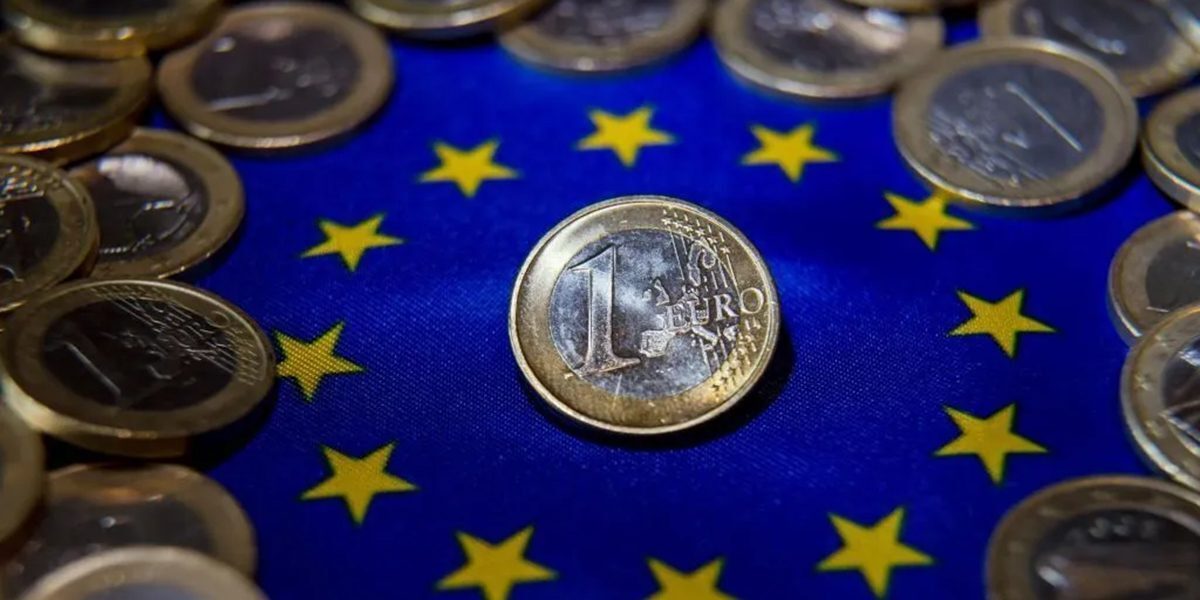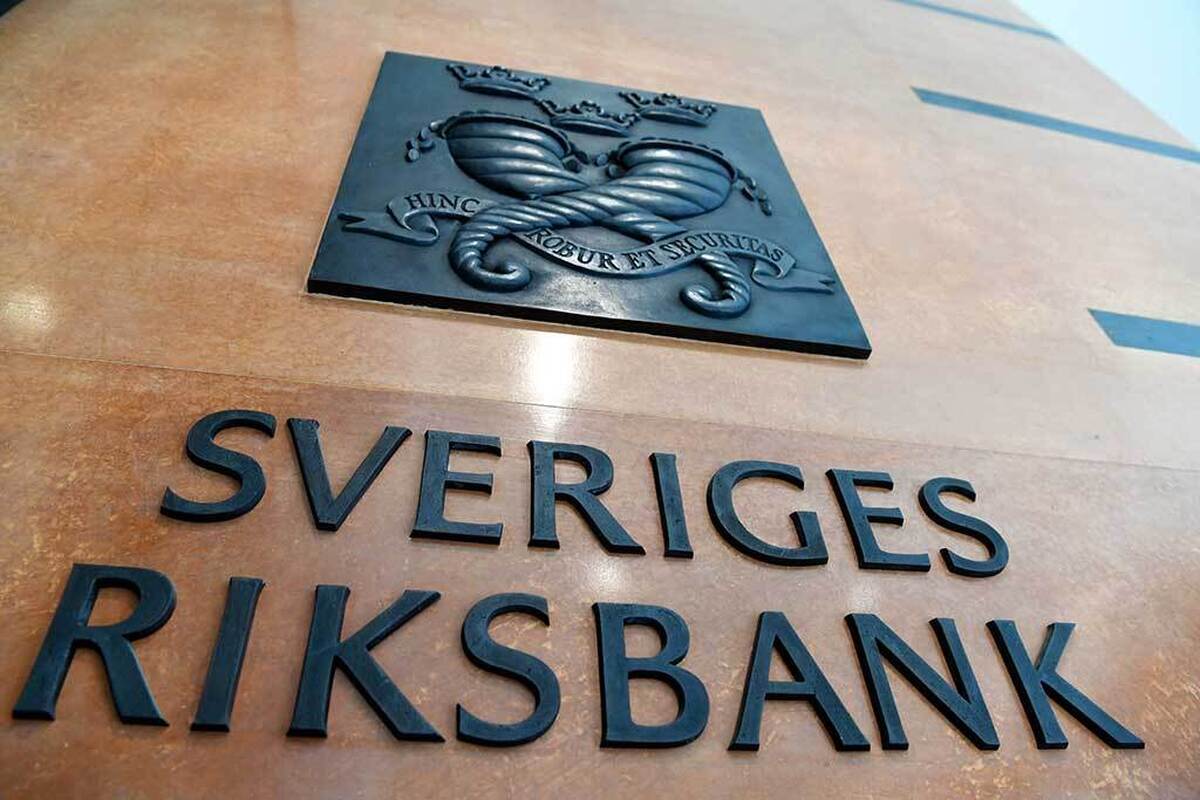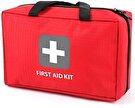Eurozone Inflation Decreases Slightly to 2.8 Percent in January

Inflation in the eurozone is still led by food, alcohol and tobacco prices, which recorded an annual inflation of 5.7 percent in January, down from 6.1 percent in December.
The price of services remained stable at 4 percent in January, whereas that of non-energy industrial goods recorded a 2-percent inflation, compared to 2.5 percent in December.
Energy's inflation is still in the negative, at -6.3 percent year-on-year in January, compared to -6.7 percent in the previous month.
Core inflation also decreased from 3.4 percent in December to 3.3 percent in January, said Peter Vanden Houte, chief economist for Belgium, Luxembourg and the Eurozone at ING.
"However, it's too soon to declare victory in the inflation battle," he said.
Risks to the current downward trend in inflation include the phasing out of energy support measures, the increase of transport prices due to the conflict in the Middle East, and higher wage agreements influencing selling prices, according to Vanden Houte.
Vanden Houte foresaw a rate cut from the European Central Bank (ECB) no sooner than June and of only 25 basis points.
The ECB reaffirmed its determination to bring inflation back to two percent in a timely manner, and stressed that "our policy rates will be set at sufficiently restrictive levels for as long as necessary."
ECB President Christine Lagarde indicated at a press conference last week that the restrictive monetary policy adopted by the ECB would remain intact for some time.
4155/v
























